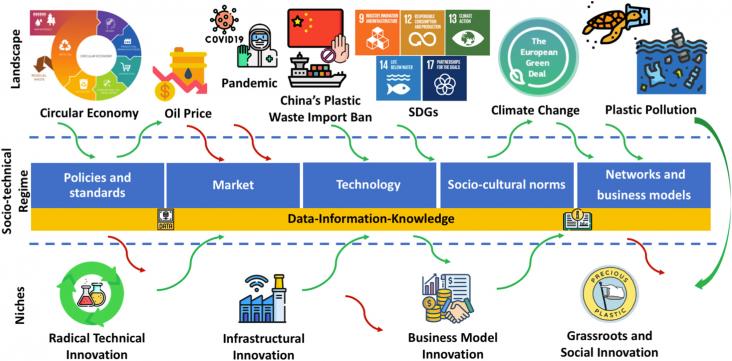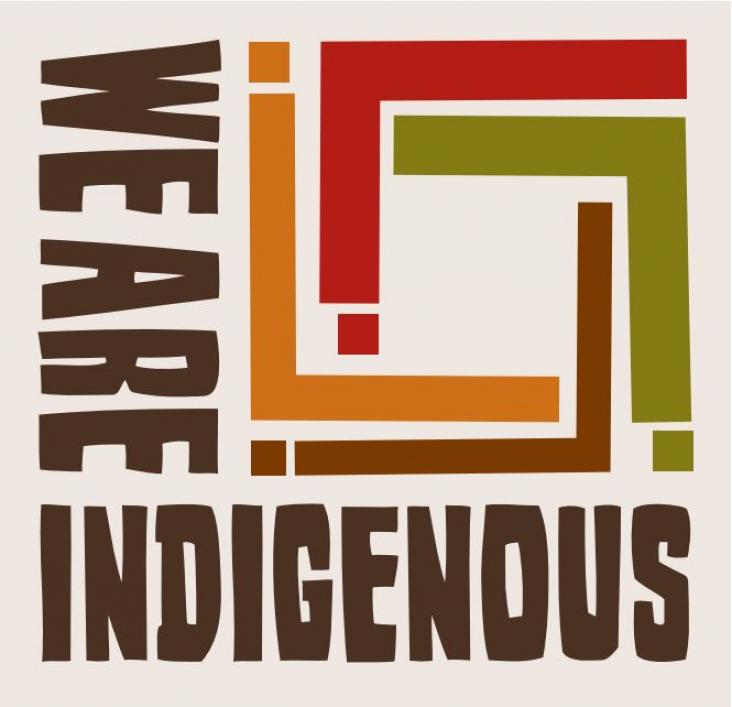Research indicates that tourists continue to have difficulty assessing animals' welfare at wildlife tourism attractions, and so there is an immediate need for more education on such impacts. The purpose of this paper is to fill this education knowledge gap by introducing an environmental literacy framework, i.e., “what an environmentally literate person should know and be able to do,” in progressing from animal welfare illiteracy in tourism to literacy.
Ultrafiltration with ceramic membranes of olive oil washing wastewater has been demonstrated to be an interesting alternative as a previous step for the recovery of phenolic compounds, which have outstanding antioxidant characteristics. In this way, the treatment of these wastewaters should be based on reusing water and, at the same time, on recovering valuable compounds.
The roadmapping exercise looking at the quantitative modelling of cleaning and decontamination held in 2021 identified a number of factors as common to cleaning and decontamination across many sectors. Tackling new challenges such as the food-water-energy nexus and the wider sustainability agenda means that Sinner’s circle, often used to frame discussions of cleaning in the food sector, needs an upgrade.
Future sustainable food systems should more efficiently use natural resources and reduce food waste.
Obstetrician gynecologists, have a patient population that is more vulnerable to the negative impacts of climate change, and issues surrounding fertility and reproduction have not only immediate implications but also implications for future generations. It is only fitting that obstetrician gynecologists take the lead in advocating for safer and greener practices in the OR, hospital, and healthcare industry.
Edible macroalgae (i.e., ‘seaweeds’) are a nutritious and sustainable alternative to animal-based proteins.
This article presented a comprehensive life cycle assessment (LCA) study comparing alternative medical-grade and protective-device-grade mask reuse options to the conventional single-use of surgical and FFP3 masks, respectively. The study focuses on the UK, but the results and conclusions are applicable to other healthcare settings.

A system transition is required to reach greater circularity in the production and consumption of plastics and the achievement of SDG12. This paper has addressed a key gap in the literature, related to the role that data-information-knowledge play in hindering progress towards that transition.

The United Nations General Assembly decided that International Day of the World’s Indigenous Peoples would be observed every year on 9th August. On this day, people from around the world are encouraged to help spread the UN’s message on the protection and promotion of the rights of indigenous peoples. Elsevier is pleased to share this special collection of freely available articles to help spread awareness about this important topic. Please feel free to download and share these papers.
Partner content
World Bank
These dashboards present data from the World Development Indicators (WDI) that help to monitor the Sustainable Development Goals (SDGs).
